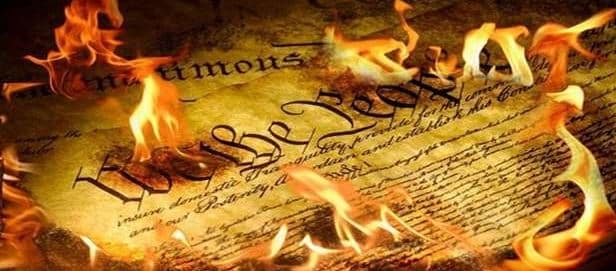
Breaking News
 Trump's 'Big, Beautiful Bill' Strips Al Capone-Era Tax On Suppressors
Trump's 'Big, Beautiful Bill' Strips Al Capone-Era Tax On Suppressors
 US bond sell-off is creating a debt spiral
US bond sell-off is creating a debt spiral
 The bond market is breaking. Washington just made it worse
The bond market is breaking. Washington just made it worse
 Jamie Dimon says the US is still at risk of a fate worse than recession
Jamie Dimon says the US is still at risk of a fate worse than recession
Top Tech News
 Cavorite X7 makes history with first fan-in-wing transition flight
Cavorite X7 makes history with first fan-in-wing transition flight
 Laser-powered fusion experiment more than doubles its power output
Laser-powered fusion experiment more than doubles its power output
 Watch: Jetson's One Aircraft Just Competed in the First eVTOL Race
Watch: Jetson's One Aircraft Just Competed in the First eVTOL Race
 Cab-less truck glider leaps autonomously between road and rail
Cab-less truck glider leaps autonomously between road and rail
 Can Tesla DOJO Chips Pass Nvidia GPUs?
Can Tesla DOJO Chips Pass Nvidia GPUs?
 Iron-fortified lumber could be a greener alternative to steel beams
Iron-fortified lumber could be a greener alternative to steel beams
 One man, 856 venom hits, and the path to a universal snakebite cure
One man, 856 venom hits, and the path to a universal snakebite cure
 Dr. McCullough reveals cancer-fighting drug Big Pharma hopes you never hear about…
Dr. McCullough reveals cancer-fighting drug Big Pharma hopes you never hear about…
 EXCLUSIVE: Raytheon Whistleblower Who Exposed The Neutrino Earthquake Weapon In Antarctica...
EXCLUSIVE: Raytheon Whistleblower Who Exposed The Neutrino Earthquake Weapon In Antarctica...
 Doctors Say Injecting Gold Into Eyeballs Could Restore Lost Vision
Doctors Say Injecting Gold Into Eyeballs Could Restore Lost Vision
Government Attacks on Private Property

The practice of British agents rummaging through the private possessions on the private property of anyone against that person's will was a significant contributing factor to the American Revolution.
Their most notorious invasion of private property was a subterfuge, perpetrated by the British Parliament, which sought to remind colonists that the king could enter their homes through his agents whenever he wished.
In 1765, Parliament enacted the Stamp Act, which required government stamps — they were actually inked images of government seals, more akin to what is seen when a postage stamp is canceled — on all papers in the possession of the colonists. This included letters, financial and legal documents, newspapers, pamphlets, even posters intended to be nailed to trees. To facilitate the enforcement of the Stamp Act, Parliament enacted the Writs of Assistance Act.



